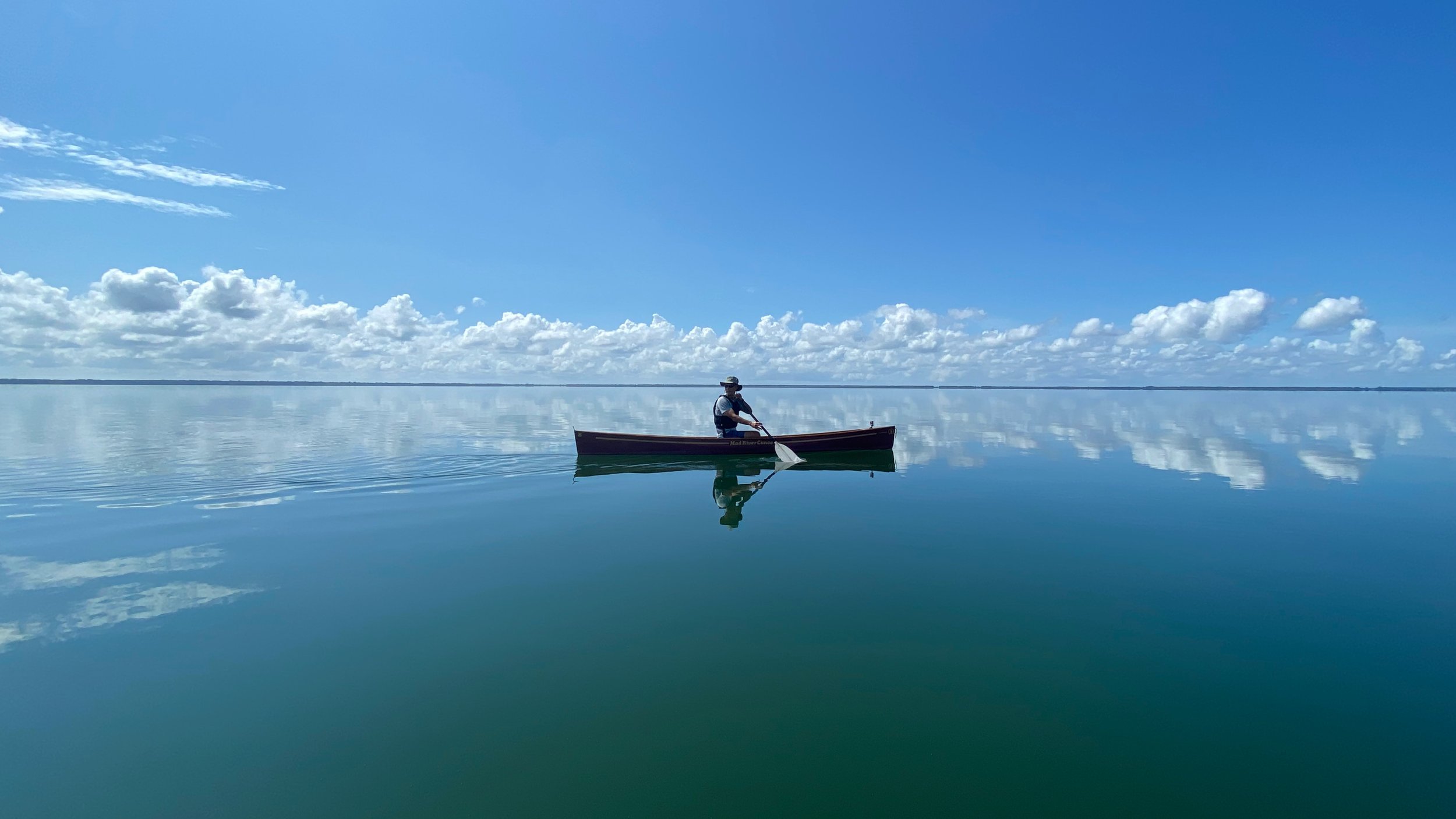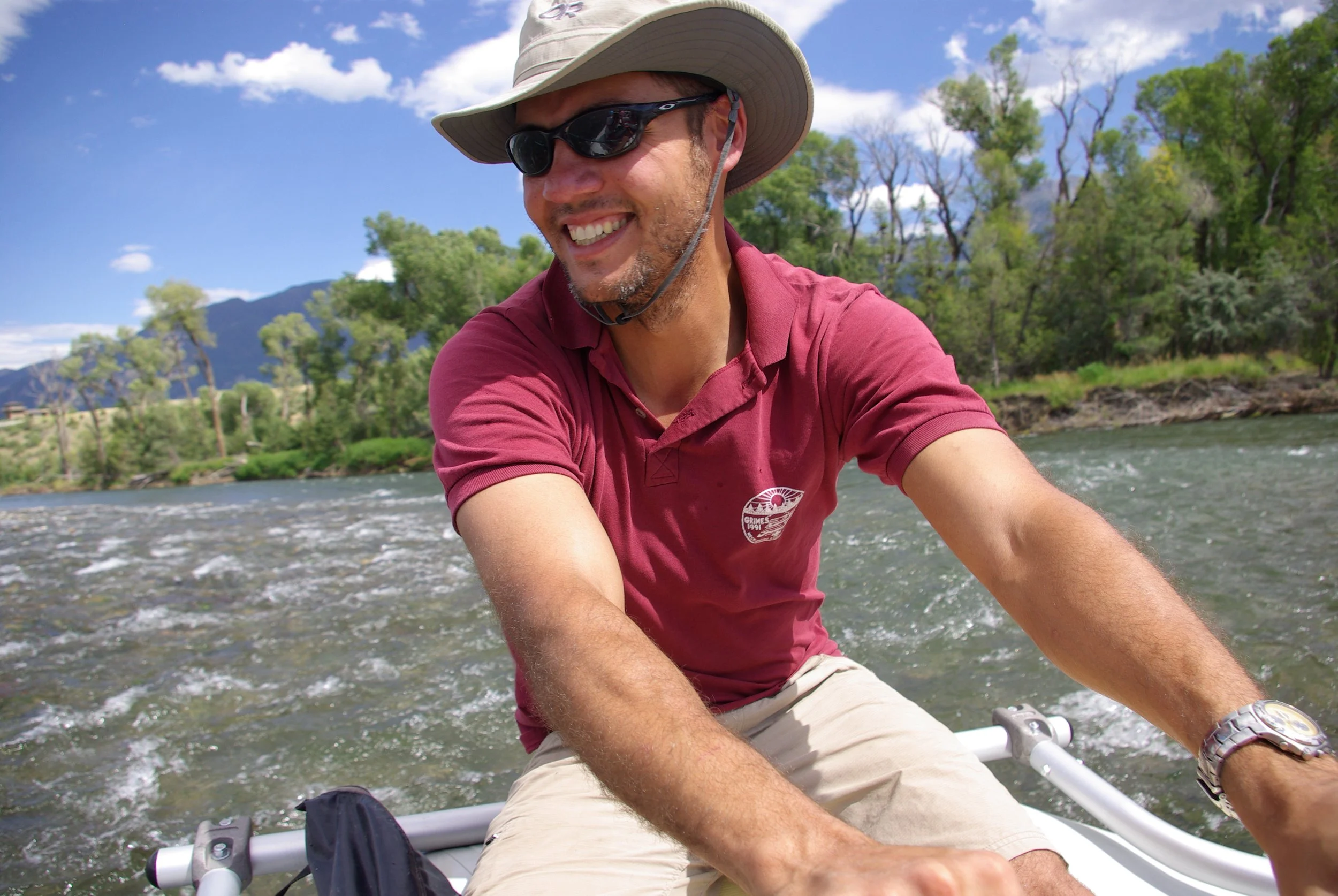
Water Scientist
Author
Engaged Scholar
Ryan Emanuel is a Lumbee scientist, community-engaged scholar, and author from North Carolina. He is a tenured faculty member at Duke University who specializes in the science of water and ecosystems as well as policies on environmental justice and Indigenous Rights. Ryan is the author of On the Swamp: Fighting for Indigenous Environmental Justice, a 2024 book from UNC Press. Learn more about Ryan and his work here.
